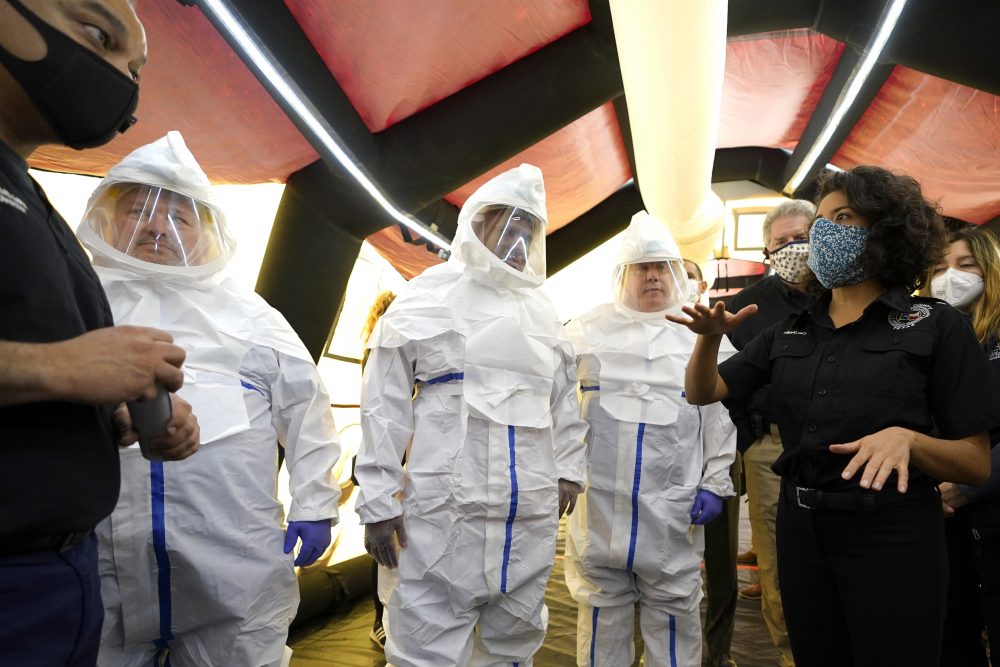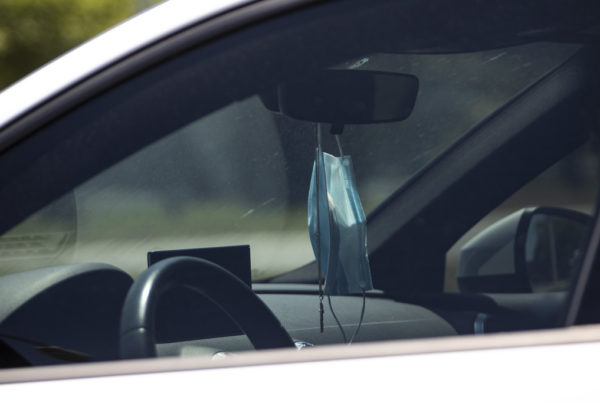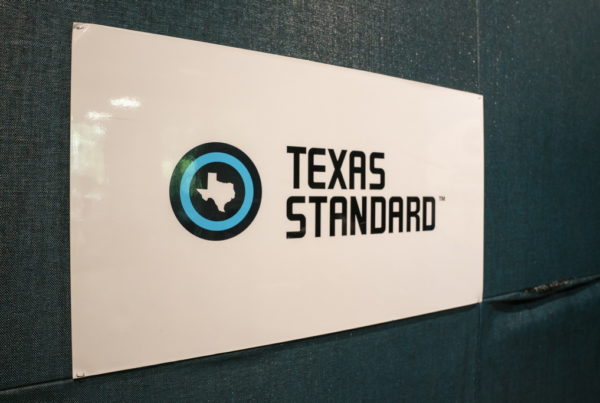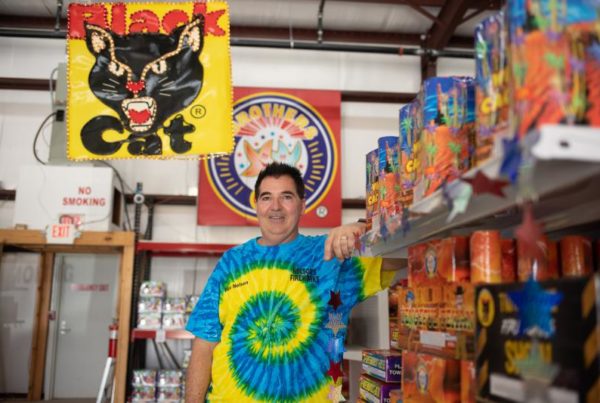The recent spike in Houston-area coronavirus hospitalizations has some local doctors worried about the quality of care they’re able to provide, even as hospital executives assure the public that ICU capacity is under control.
Emergency rooms in Houston are filling up as the number of COVID-19 cases surge. Last week, the Texas Medical Center was reporting at 100% ICU capacity. ER doctors on the ground have seen the impact, including longer wait times for patients.
“We had patients that we wanted to admit to the ICU that were boarding in our emergency department for hours and hours at a time because there were no ICU beds to put them in,” said Dr. Richina Bicette, assistant professor of emergency medicine at Baylor College of Medicine. “So we’re definitely feeling the bed crunch down in the emergency department.”
“When we started admitting adult patients to our children’s hospital because we ran out of space, that’s when it should have been clear that we have a problem,” Bicette said.
On June 22, Dr. Marc Boom, president and CEO of Houston Methodist, said cases had been “snowballing” since Memorial Day, with “no relief in sight,” according to a release from the hospital.
But Hospital officials from the Texas Medical Center have since backpedaled. Administrators deleted graphics about bed capacity from the TMC website and replaced them with graphics that they said better communicated how they can add additional ICU beds.
“The time now is to be very alarmed about the spread of the virus,” Boom said on Houston Matters Tuesday. “But instead it became a story about ‘hey we don’t have ICU beds,’ and that’s incorrect.”
Harris County Judge Lina Hidalgo responded to that shift in tone with suspicion on Monday, suggesting that the mixed messaging could confuse the public.
“We do not need to be misleading people. Right now the message has to be, we are headed toward an unsustainable place with our hospital and folks need to stay home,” said Hidalgo.
Hospital officials tried alleviating anxieties by assuring that the Texas Medical Center has ample bed capacity and is accustomed to operating at full capacity.
But Dr. Jennifer Carnell, an ER d octor associated with the Baylor College of Medicine, said while that might traditionally be true, circumstances right now are different.
“I think when you’re talking about a pandemic, the concern is that you have sort of a train that’s, you know, running at full speed with no way to have it break and stop immediately,” Carnell said. “So being at 100% capacity, but anticipating many more people needing part of that capacity puts us in a very different situation than I would say ICU is normally run.”
In response, some doctors are calling on public officials to open up the field hospital at NRG Park.
“The county judge needs to really consider opening up NRG Park as an escape valve for our hospitals that are at or near or sometimes over capacity,” said Dr. Cedric Dark, an ER physician.
Other doctors believe the temporary field hospital at NRG park might be helpful in some ways, but it fails to provide what’s needed most: ICU-level beds for critical patients.
The surge in COVID-19 cases has caused Gov. Greg Abbott to recently sign an executive order pausing the reopening of businesses and suspending elective surgeries in eight counties, including Harris County. However, several hospitals have interpreted the order to mean they can continue elective surgeries if they have enough beds.
Doctors are urging the public to wear face masks in public and to practice social distancing, and some, like Baylor’s Dr. Carnell, are asking the government to step up its measures.
“We want to see a rollback to at least Phase 1 where there’s a more controlled opening of businesses,” Carnell said.
Carnell’s biggest fear is that Houston will soon find itself in the kind of emergency New York City faced.
“I’ve talked with colleagues in New York, I’ve read the accounts in Lombardy, Italy. I know what happens,” Carnell said. “We know that it leads to increased mortality. If Houston only saw 50% of what New York saw, it would be too much.”
Sara Willa Ernst is a corps member with Report For America, a national service program that places journalists into local newsrooms.
















